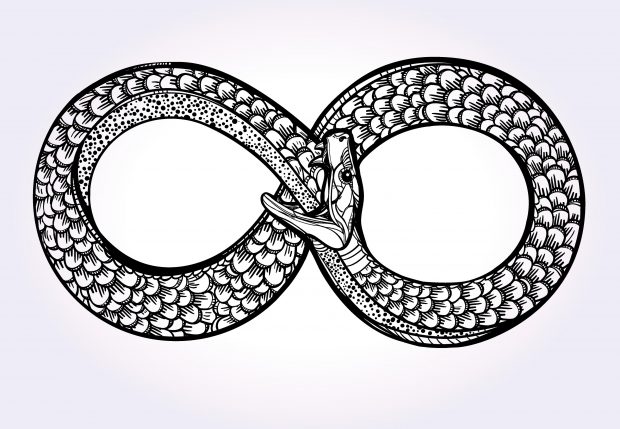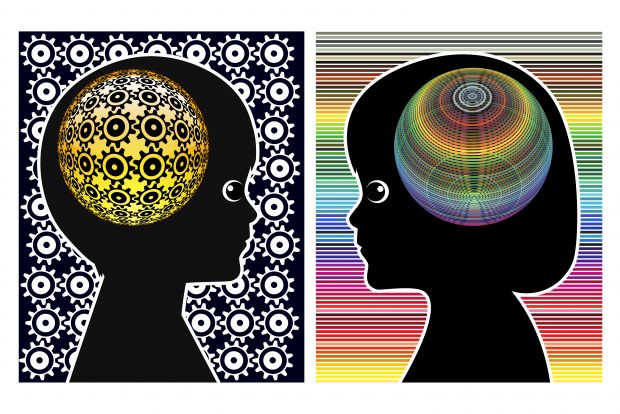One of the biggest ideas in self development is the idea of a “secret.”
The concept that if we learn “one weird trick” we’ll be able to finally realize our dreams.
Guys that want to do better with girls want to know the one “secret pattern.”
People that want to lose weight want to learn the “one strange diet trick.”
One common story is what happens to lottery winners after they strike it rich.
Especially if they are the blue collar, paycheck-to-paycheck type.
Humans NEED to be motivated by two things.
Moving away from pain, and moving toward pleasure.
Everybody’s got their own unique mix, but without BOTH of these, it’s hard to feel “on purpose.”
And when lottery winners have all of their financial PAIN taken away, it feels great.
At first.
But once that new level of “happiness” feels “normal” they start to get into trouble.
A person without any real motivation AND a lot of money is a BAD combination.
This is why invariably, people who suddenly get a lot of money are almost always ruined.
Humans need incentives, both inside and outside.
Most people that get up at the crack of dawn don’t do so because they like it.
They do so because they feel they MUST.
Either because they’ve conditioned themselves that way, or they have an EXTERNAL set of incentives.
Their job or family requirements demand it, for example.
Most people that made their fortune didn’t have their sights set on money.
Or even the “thing” they were building.
They liked the deeper process.
Of being driven.
To get more, do more, be more, create more, build more.
Walter White, the fictional meth cook, famously said he wasn’t in the meth business, he was in the EMPIRE business.
A sudden bucket of money will DESTROY your drive to build your own empire.
How do you write a classic novel?
So far, nobody knows.
The process seems to be wait a hundred years, and see what books are still being read and enjoyed by various generations.
Consider the “secret” to your life the same.
You won’t really know until you’ve built it.
Then you can look back over your long and successful life and think:
“Oh yeah, now I get it…”
Life, empires, fortunes are not secrets to be “discovered” or “taught” or “revealed” on a mountain top.
They are the sum total of your thoughts, actions, and behaviors.
Once you’re on the right path, you’ll know.
You’ll feel driven, you’ll feel the need to keep moving forward no matter what.
And money will be a useful byproduct.
Learn More:









